The Mediterranean diet is one of the most studied diets for a variety of chronic conditions.
We're sure you have heard the saying, ‘You are what you eat’. So if you are suffering from a chronic inflammatory disease you would think adopting a diet to help manage these symptoms would be easy, right? But the dietary advice provided by the media and even academic research can be confusing and contradictory, as endometriosis itself is not well understood.
In a survey of people with endometriosis in Australia, 44% were using some form of dietary strategy to help manage their symptoms. However, in this research no one diet provided greater benefit than others. View research study
Below we list some dietary strategies which may help you live well with endometriosis. But please keep in mind, everyone’s symptoms differ and we can have different dietary preferences and other medical conditions. The dietary advice given here is generalised, so if you need further clarification or an individualised approach please speak with a dietitian with special interest in chronic pain and women’s health, while continually engaging with other members of your health care team.
Eat food. Not too much. Mostly plant based
There is no universal anti-inflammatory diet for endometriosis. Of the options available, the Mediterranean diet is one of the most studied and successful anti-inflammatory strategies for a variety chronic inflammatory diseases. It is rich in antioxidants, trace elements, minerals and vitamins and focuses on high-quality food. Consuming a healthy Mediterranean-style diet and avoiding foods that trigger inflammation may be of some benefit for your endometriosis symptoms. Here are some ways you can go about it.
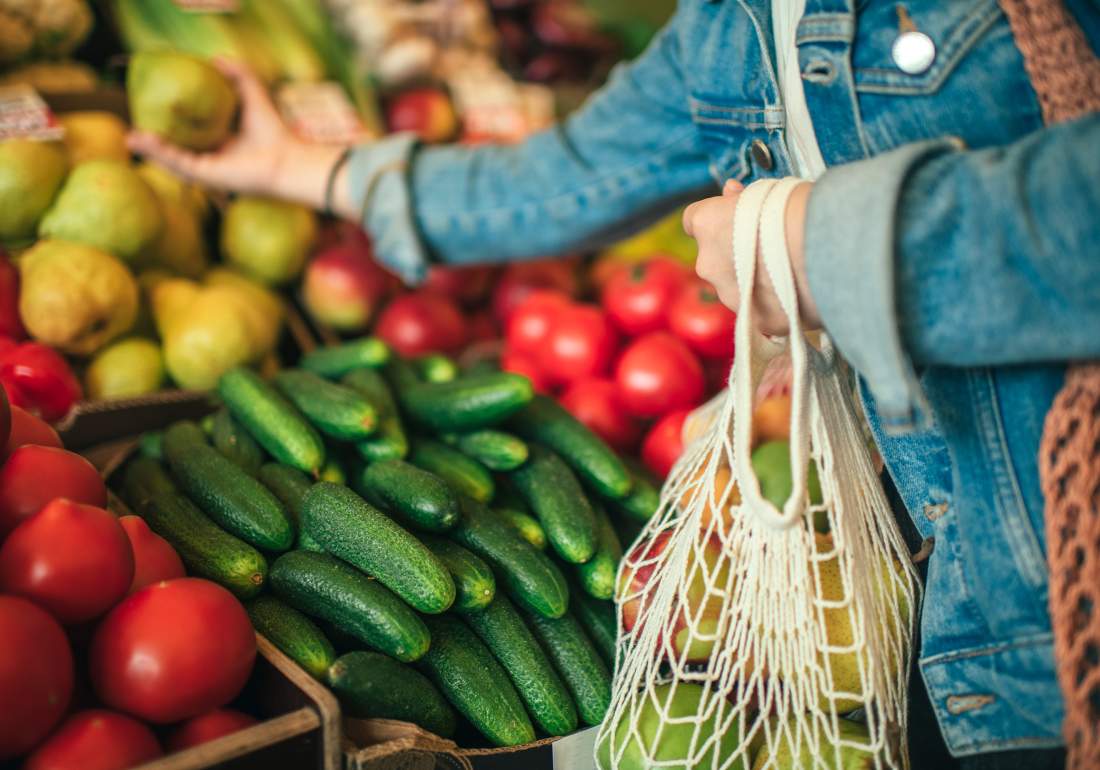
Include Plenty of
Colourful fruit and vegetables
Brightly coloured in yellow, greens, reds and oranges, and packed full of vitamins, minerals, phytochemicals and fibre, fruit and vegetables also have anti-oxidant and anti-inflammatory effects. Some have compounds that reduce oxidative stress and assist the metabolism and removal of estrogen from your body.
Tip: Fill half your meal with different coloured salad or cooked vegetables to increase variety and quantity. Snack on two serves of fruit throughout the day. View the Australian guidelines
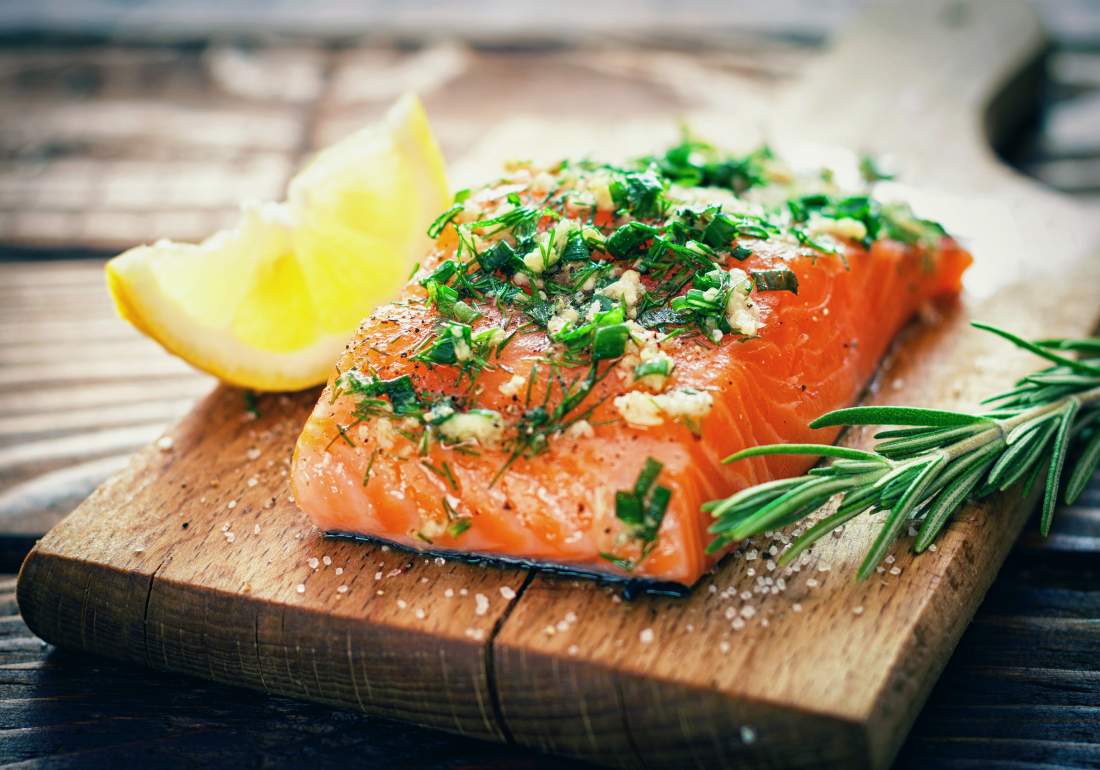
Omega 3 Fatty Acids
These fatty acids are found in seafood such as oily fish and some nuts and seeds (flaxseeds, chia seeds, walnuts), and they may decrease inflammation by decreasing prostaglandins.
Tip: Aim for two oily fish meals per week, which includes salmon, sardines or mackerel. Add nuts and seeds to your meals, such as flaxseeds in your oats, chia seeds in your smoothies, or snack on walnuts. View the Australian guidelines
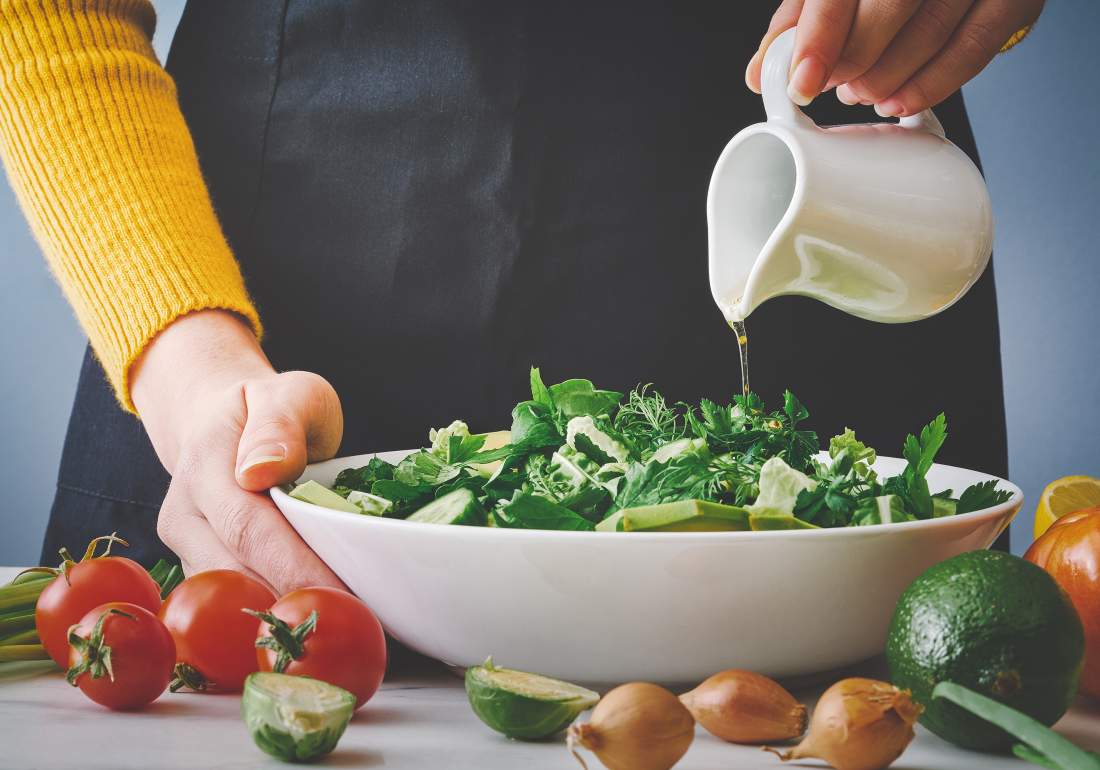
Olive Oil
Olive oil is the pillar of the Mediterranean diet. Olive oil contains oleocanthal which has strong anti-inflammatory properties.
Tip: Use in your cooking and to dress your salads.
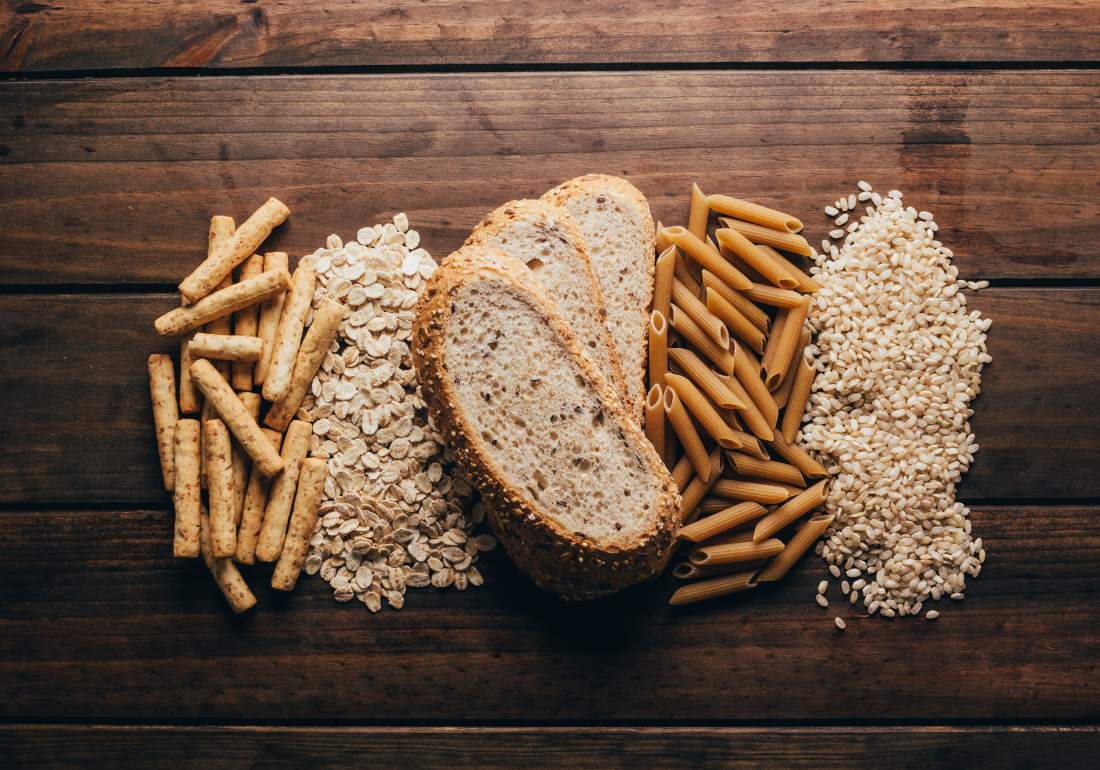
Whole Grains
Whole and minimally processed grains such as oats, quinoa, buckwheat, brown rice and wholegrain breads are high in soluble fibre and B-vitamins. These foods have also been shown to decrease inflammatory markers in the body and also contribute to a healthy gut microbiome.
Tip: Use wholegrains as a base, and include plenty of colourful vegetables, nuts and seeds, a protein source, olive oil, and herbs and spices, to create a yummy lunch or dinner. Or have oats for breakfast.
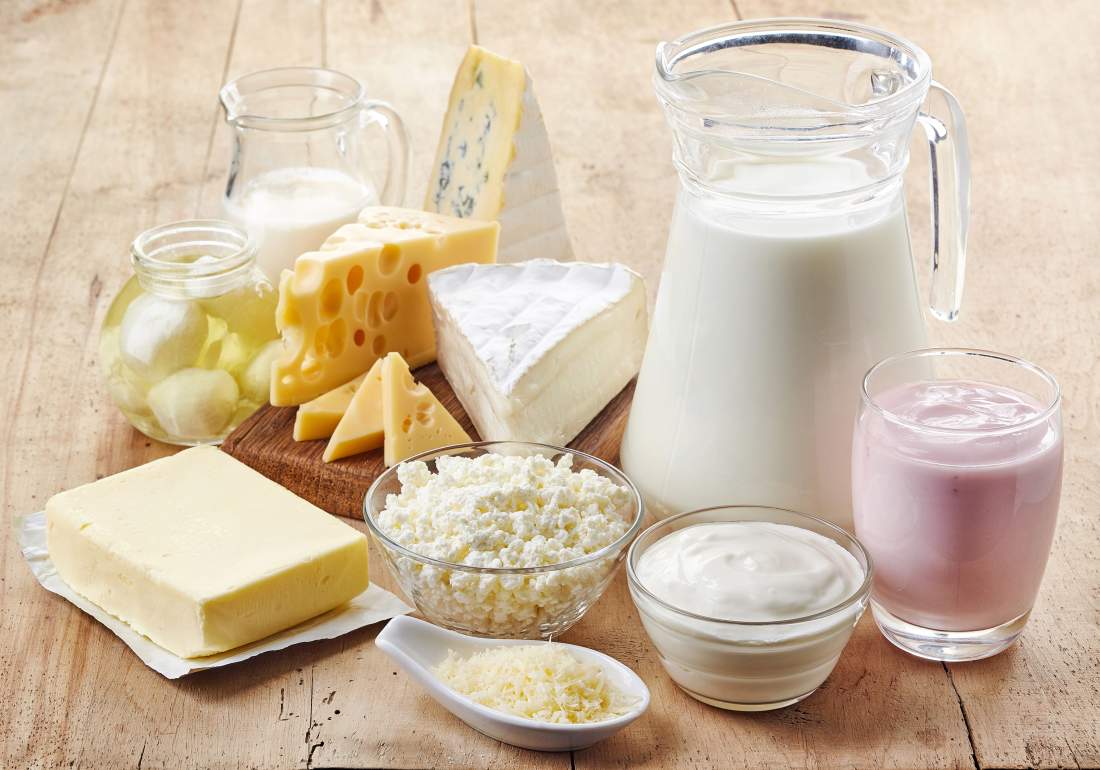
Dairy
Products like milk, cheese and yoghurt are high in calcium, protein, vitamins and other minerals. These foods have been associated with a reduced risk of endometriosis (from a review of seven studies). If you experience any gut symptoms after eating dairy products please discuss with your GP or a dietitian.
Tip: Use milk on your oats for breakfast, a serve of yoghurt, have a glass of milk as a drink or include cheese in your lunch. Aim for about 2-3 serves per day. View the Australian guidelines
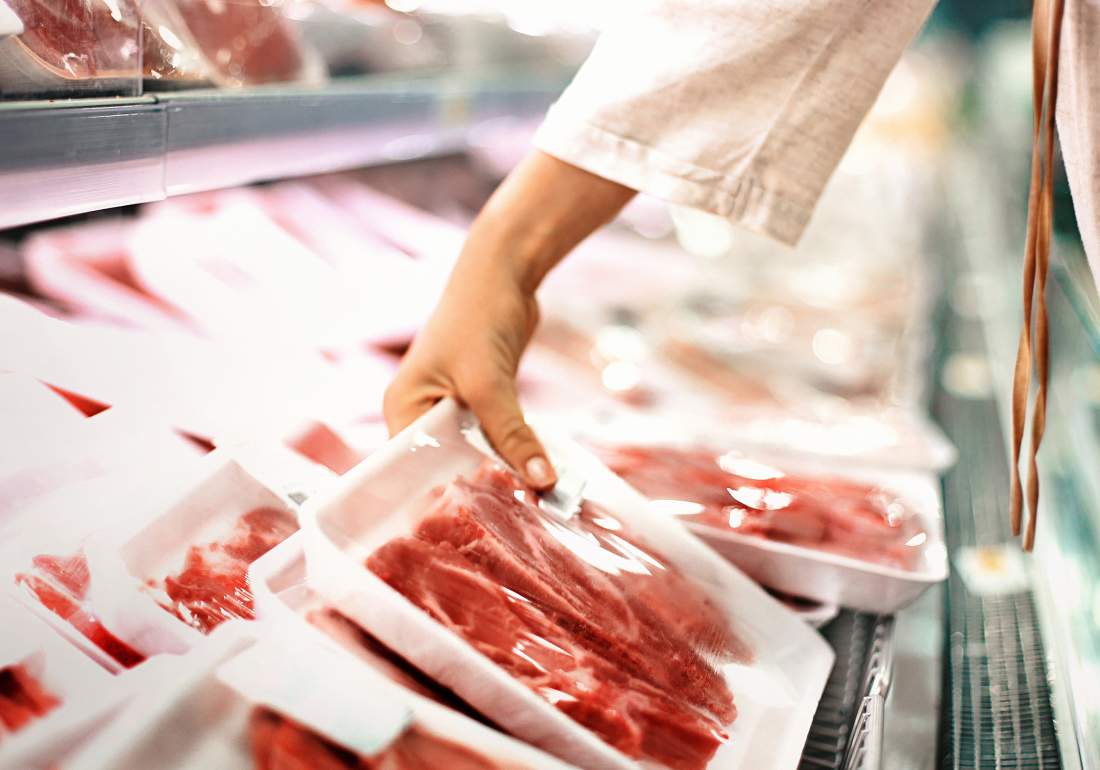
Limit your intake of:
Red Meats
Both higher consumption of processed and non-processed red meat consumption has been shown to be a risk factor for endometriosis. Red meats stimulate the formation of prostaglandins, which increases inflammation within areas of tissue damage.
Tip: Lower consumption of red meat to less than two serves per week. Use white meats, such as chicken or turkey and/or plant based proteins like legumes or lentils.
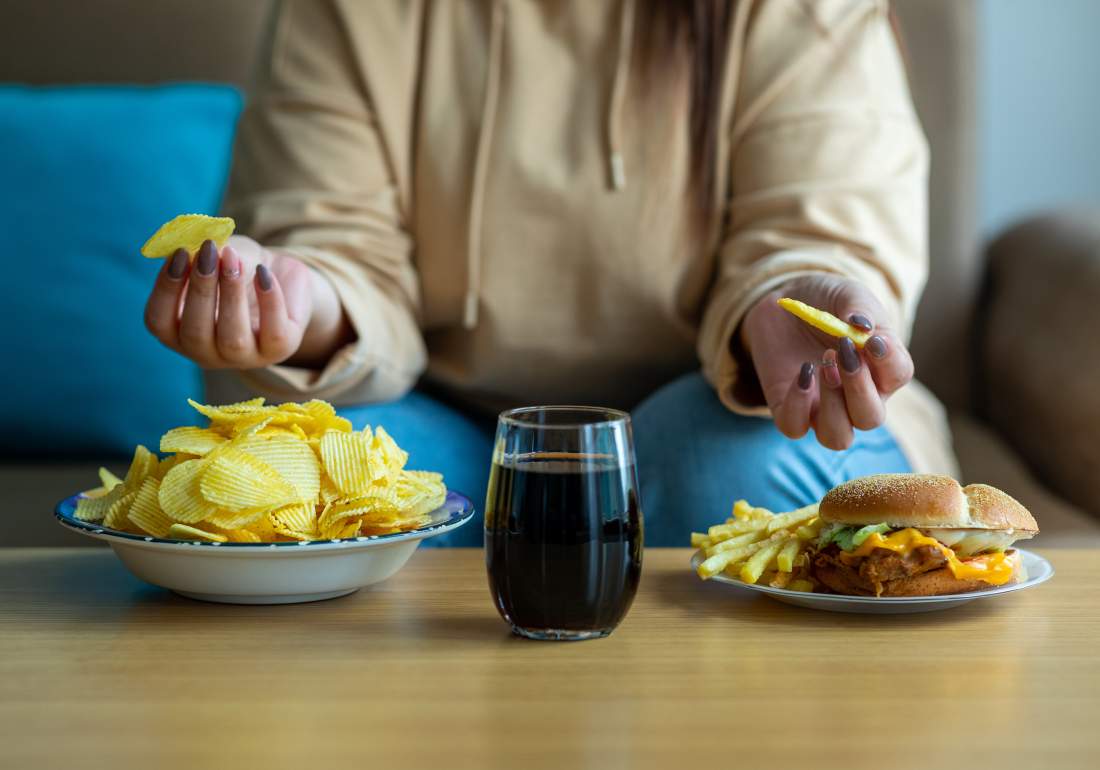
Highly processed or ultra-processed foods
Processing food changes a food from its natural state. An example is cheese made from milk. When a food is ultra-processed, extra ingredients such as sugar, salt, fat, and artificial colours or preservatives are added. They may also contain additives like artificial flavours, sweeteners and stabilisers. These foods include pastries, chocolates, savoury or sweet packaged snacks, ice-cream, margarine, pre-prepared meals, energy and carbonated drinks. Ultra-processed foods contribute to 40% of calories consumed in Australian adults. Ultra-processed foods have limited nutritional benefit to the body and may increase the risk for non-communicable diseases like overweight and obesity, metabolic syndrome, and cardiometabolic diseases.
Tip: If you can’t understand the name in the ingredients list, limit your consumption of this food. If you are craving something sweet then try fruit instead of biscuits or cakes. View the Australian guidelines
Low FODMAP diet
People with endometriosis may suffer abdominal symptoms (such as bloating, pain, diarrhoea and/or constipation) and many get diagnosed with irritable bowel syndrome (IBS) before endometriosis. A wide variety of foods have been reported to trigger abdominal symptoms by people with endometriosis, and in these instances the FODMAP diet could help. Find out more about the FODMAP diet
 Skip to main content
Skip to main content